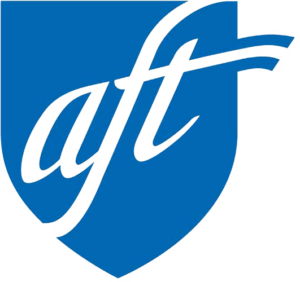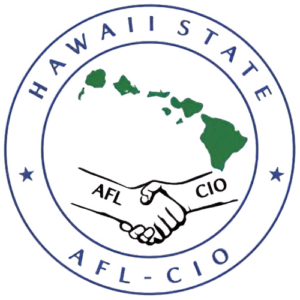The Senate Committee on Labor
The Senate Committee on Judiciary
Thursday, February 15, 2018
2:45 PM, Conference Room 229
RE: SB 2369 Proposed SD1 Relating to Public Employees
Attention: Chairs Jill Tokua, Brian Taniguchi; Vice Chairs J. Kalani English, Karl Rhoads and members of the respective Committees
The University of Hawaii Professional Assembly (UHPA) strongly encourages the committees to support SB 2369 S.D.1 as a means to ensure the financial integrity of UHPA so it may fulfill its statutory duty to represent all faculty members. SB 2369 S.D.1 is in preparation for the United States Supreme Court decision in Janus v. American Federation of State, County and Municipal Employees which could result in no longer requiring all unionized employees to financially support the costs of collective bargaining and maintenance of benefits and protections that are provided therein.
The Supreme Court decision may be rendered while the Legislature is in session. UHPA believes that being prepared for a ruling that may do harm is in the best interest of faculty members, the employer, and the state. As an exclusive representative designated under Chapter 89, should UHPA be sufficiently wounded, the statutory requirement to bargain and represent may be undermined by insufficient financial resources. This is not what the legislature intended by enacting Chapter 89 or the voters adopting the state constitution envisioned for Hawai‘i. SB 2369 S.D.1 is consistent with legislative history and ensures both the employer and union will be able to fully engage in their statutory roles.
The proposed legislation provides an adaption to Hawai‘i law that is a means to provide a path for unions to receive revenue that supports the union’s obligations to its bargaining unit members. SB 2369 S.D.1 proposes a slight modification of the duty of fair representation (DFR). Currently this duty means that the union has an obligation to represent employees in grievances and arbitration.
While the Janus case does not contain any reference to this duty it’s intent is insidious, which is to defund the union while keeping the duty of fair representation intact. With bargaining unit members having no obligation to pay for services the union may be hard pressed to adequately provide meaningful bargaining and contract implementation including grievance protections. Those bargaining unit members who refuse to share the costs of collective bargaining expect their colleagues to pay for them. Commonly referred to as “free riders” these employees benefit from the work of the exclusive representative, but without contributing.
The proposed legislation is an optional approach for unions to utilize that minimizes the “free rider” problem. It provides that a union does not have to represent a bargaining unit member in grievance or arbitration matters who declines to pay reasonable costs of representation.
Under SB 2369 S.D. 1 a bargaining unit employee may join the union and pay dues; become an agency fee non-member paying an amount equivalent to dues; or pay special fees through an authorized payroll deduction when an individual seeks union representation but is neither a union member or agency fee payer.
If a bargaining unit member does not avail themselves of union membership, agency fee, or special fees then there is not an obligation for the union to undertake a grievance or arbitration on behalf of that individual. The union under all circumstances remains the party that determines whether a grievance goes to arbitration. This authority is consistent with current law.
Respectfully submitted,
Kristeen Hanselman
Executive Director



